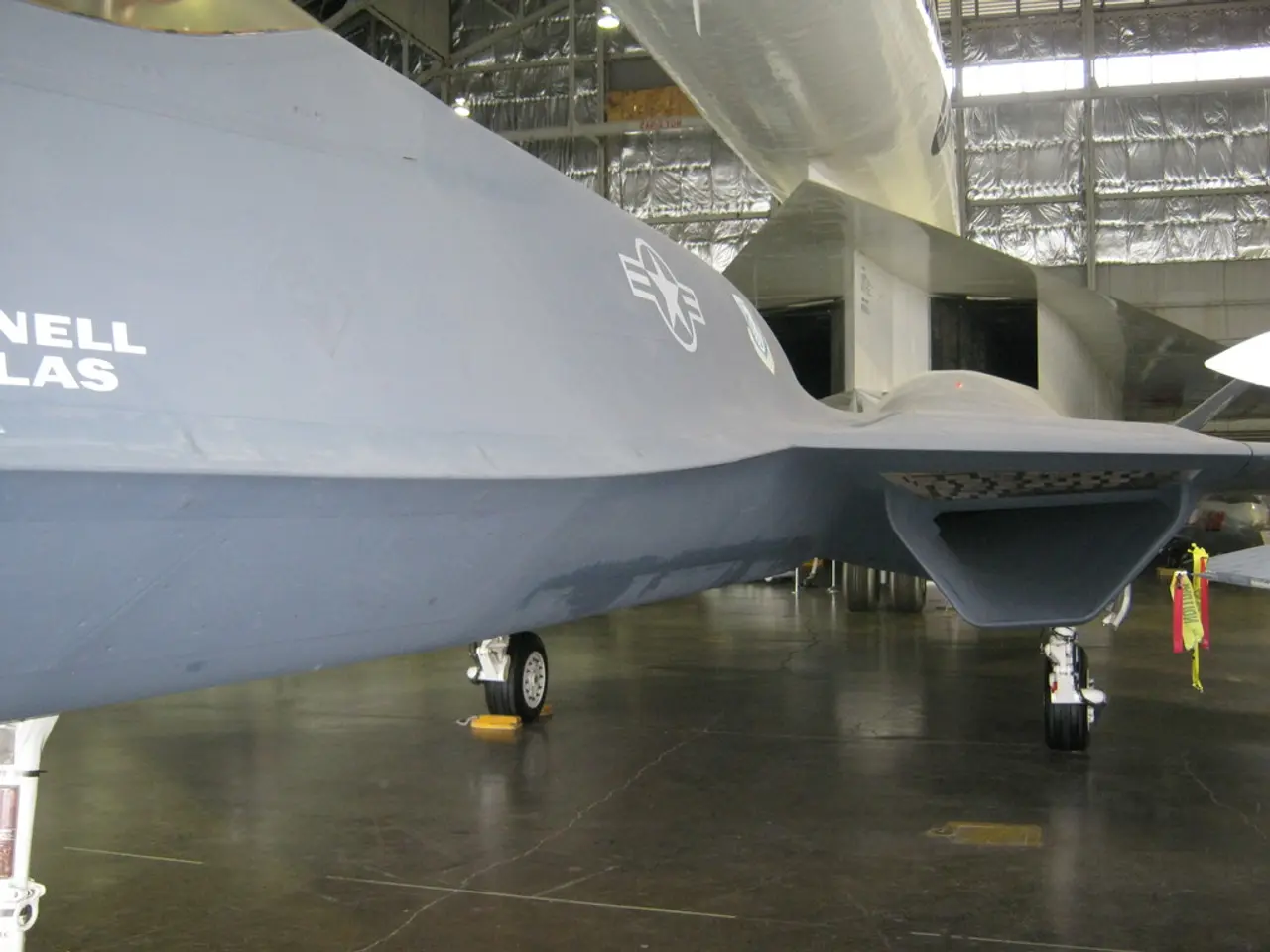Keep Your Seatbelts Fastened: DGCA Takes Action Post Air India Crash
Directive Imposed by DGCA on Air India Welcome Procedure
The Directorate General of Civil Aviation (DGCA) has swung into action following the tragic Air India plane crash on June 12, issuing a series of directives that offer a sense of reassurance and concern in equal measure.
Firstly, the civil aviation regulator has ordered Air India to immediately dismiss three officials due to serious oversights in crew scheduling and rostering. The officials in question will face internal disciplinary procedures, while the DGCA has also issued a show-cause notice to Air India for breaching flight duty time limitations (FDTL) norms. These decisions stem from an evaluation of the airline's voluntary disclosures to the agency.
This decisive action from the DGCA, coming on the heels of a devastating accident that claimed the lives of over 270 individuals, shows a renewed commitment towards regulating the civil aviation sector within the country.
However, it's less comforting that the regulator seems to have only taken notice after the disaster occurred. The assumption underlying air travel is that rules are being followed, airlines are compliant, the regulator is vigilant, and the government ensures that everybody stays on track. The recent accident was an unwelcome revelation of slips and oversights by all involved parties, including the regulator itself.
Recent events underscore the need for the government to deeply scrutinize the privatization of services. Companies driven solely by profit might forgo crucial rules regardless of their reputation. Moreover, it's essential for the government to keep regulators focused on their oversight responsibilities, ensuring the utmost vigilance at all times.
In the aftermath of the crash, the DGCA has initiated a fresh framework for Comprehensive Special Audits to identify systemic weaknesses and ensure compliance with both domestic and International Civil Aviation Organization (ICAO) standards. This initiative covers critical areas like flight operations, airworthiness, ramp safety, air traffic control, Communication, Navigation, and Surveillance (CNS) systems, and pre-flight medical evaluations. The checks have uncovered recurring non-compliance and operational issues within several domestic airline operations and maintenance procedures at some airports. Additionally, the agency is investigating the crash, having successfully retrieved and analyzed data from the black boxes, with a lead investigator, Dhruv Rebbapragada, now leading the charge.
The DGCA is devoted to handling sensitive data relating to the crash securely, maintaining constant police protection and CCTV surveillance over the black boxes to prevent any tampering. The investigation is ongoing, with the Aircraft Accident Investigation Bureau (AAIB) working tirelessly to grasp the sequence of events and identify factors contributing to the tragedy, aiming to fortify aviation safety and avert future calamities.
- The ongoing investigation into the Air India plane crash by the Directorate General of Civil Aviation (DGCA) has also highlighted the importance of strict adherence to general-news matters such as rules and regulations in the politics of civil aviation, as the recent event demonstrates a need for increased vigilance and compliance to avoid future disasters.
- Meanwhile, the DGCA's investigation into the Air India plane crash also uncovers a significant aspect of crime-and-justice, as the agency investigates potential breaches of rules and regulations, with the ultimate goal of ensuring the safety of air travelers and holding accountable those responsible for any oversights or negligence.






